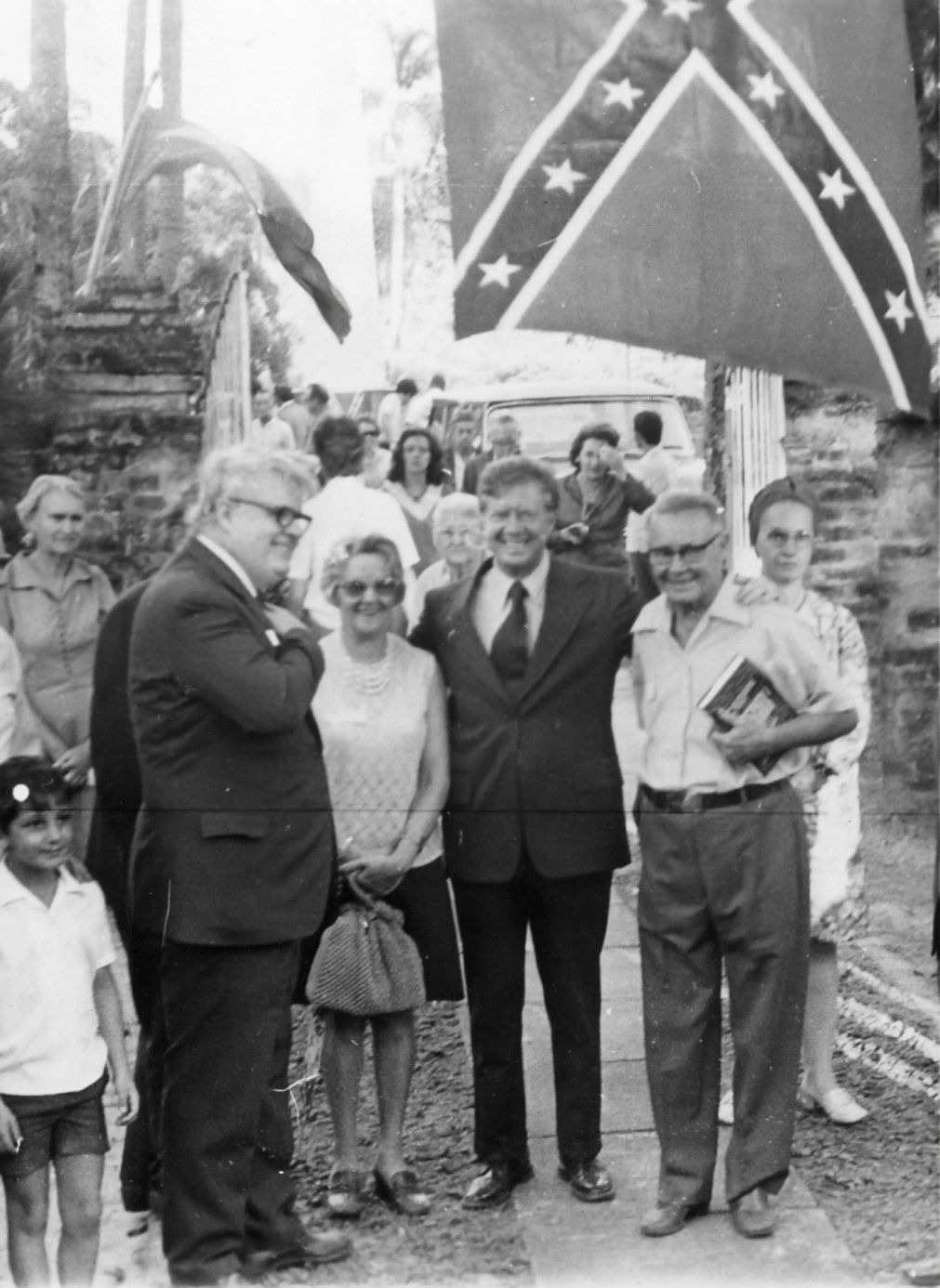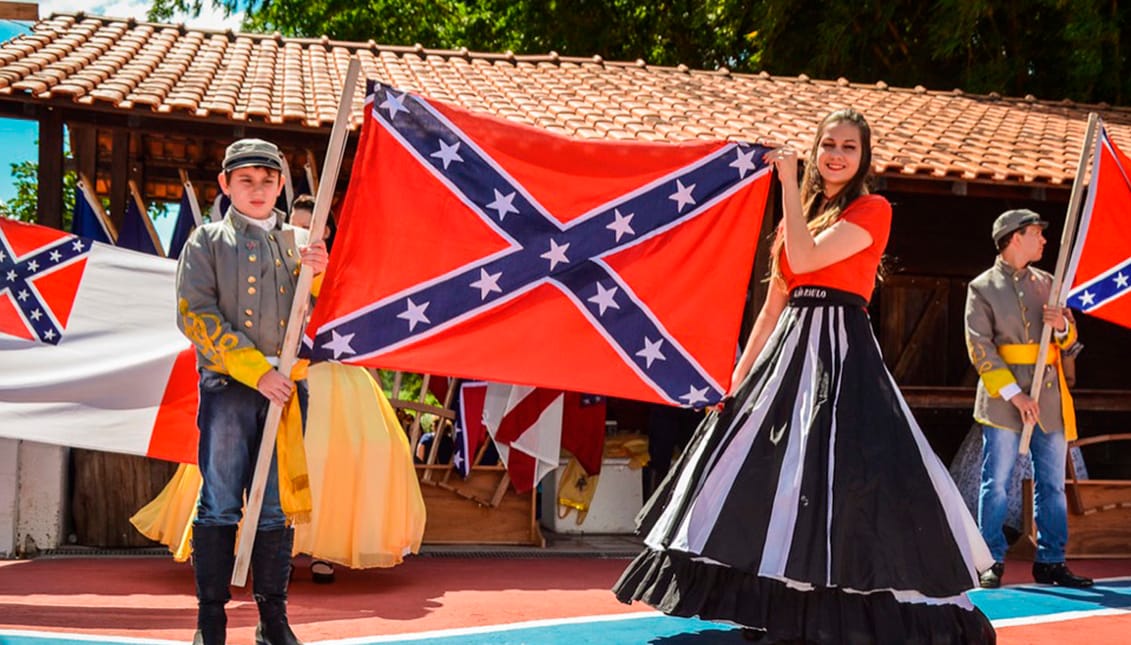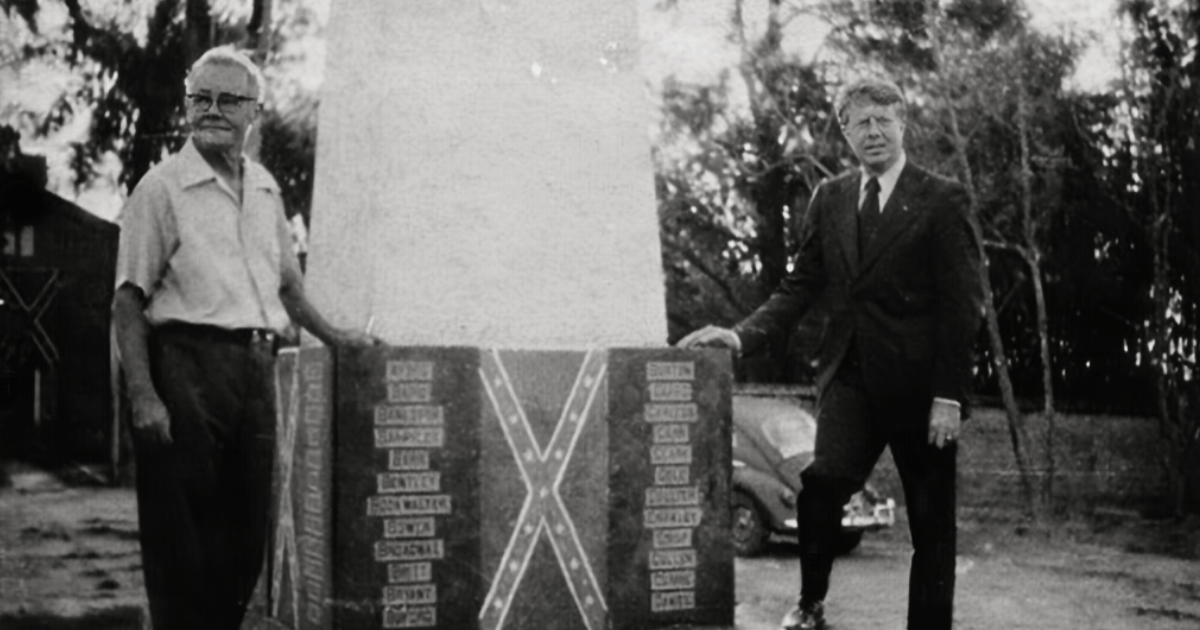This is just a brief Sidenote…

Gov. Jimmy Carter in Americana Brazil, 1972.

In 1972, then–Georgia Governor Jimmy Carter embarked on a goodwill tour of Latin America that included stops in Mexico, Colombia, Argentina, and Brazil. During his visit to the Brazilian state of São Paulo, he toured the city of Americana—originally settled by Confederate families who fled from the American South after the Civil War. Carter’s brief trip turned emotional as he paid respects at a Confederate cemetery, met local descendants who still spoke English with a Southern accent, and placed the foundation stone for a museum dedicated to these settlers’ history.
Carter, according to reports felt an immediate personal connection as he strolled the grounds of the local Confederate cemetery, where he encountered headstones marked with family names that echoed his own Southern upbringing. His wife, Rosalynn Carter, even discovered the grave of someone who shared her grandmother’s surname—“Wise.”

In 1972 journalist Edwin S. James wrote:
The ancestors of these people came to Brazil in the largest and only real planned migration ever to take place from the United States. The actual figure is vague, but some 500 to 600 families went "south" in the years soon after the Civil War. […]
On August 14, 1865, George S. Barnsley wrote to his father at the 4,000-acre Woodlands Plantation near Kingston, Ga., (also known as Barnsley Gardens), "Whither shall I now tend? I cannot conscientiously take an oath to the United States government, for now I have not the shadow of an excuse. I am utterly ruined–in hopes, in fortune, and all save honor gone. Then why should I weep over war-torn graves? No, I must go." His daughter is buried in the cemetery outside the Santa Barbara chapel.
The traditions have seemingly lived on, here are some images from modern-day Americana, Brazil:


Notes:
The Atlanta Constitution, 21 April 1972.
The Independent, 25 April 1972.
The Baltimore Sun, 25 Oct 1972.
Substack version.

